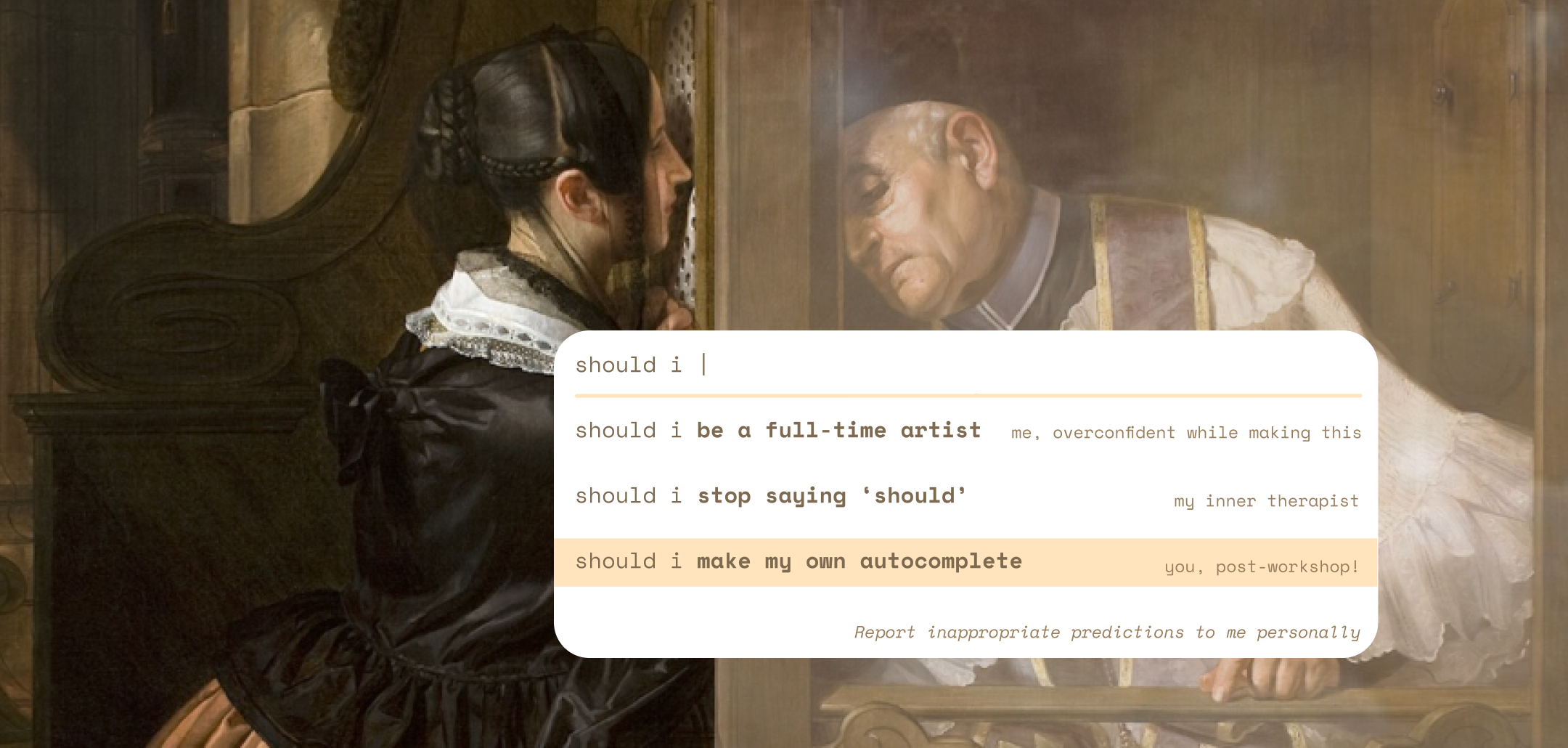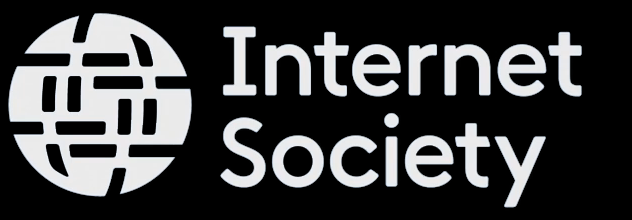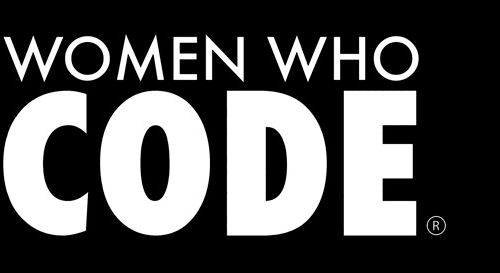Emily Saltz

Emily is an LA-raised, Brooklyn-based UX researcher & designer. She makes digital experiments exploring the politics of software design through a hyper-personal ethnographic lens, drawing on her background in human-computer interaction, linguistics, and self help tropes. She's previously presented her work at Eyeo, SFPC, Processing Community Day, NYC Media Lab, and the Tech Museum of Innovation in San Jose as a winner of Mozilla’s Tech Innovation Challenge about misinformation. She’s currently researching misinformation in photojournalism as UX lead for the News Provenance Project in the New York Times R&D lab.
Workshop
P2P Mind Reading: Human-Human Autocomplete Networks

We’ve gotten used to computers trying to finish our sentences for us in messaging apps and search inputs. These models are all centralized: one engine controls all of your predictions. Yet long before text prediction and query autocomplete algorithms, people have been completing each other’s utterances in all sorts of interesting, personalized ways offline.
Real life speech completions are decentralized: there is no central authority dictating that all of our conversation partners predict our speech in the same ways. What might smaller, offline community-scale networks of language prediction bring us? How would it change the way we communicated if we could see who was predicting our text, or even co-design protocols for how and when they interrupted us with their predictions?
This session will start with a talk discussing my past exploration of bespoke autocompletes, Super Sad Googles: a search autocomplete engine populated only by crowdsourced “sad” searches. I’ll also discuss more generally the politics of language prediction, referencing researchers like Safiya Noble and psycholinguistics research about how and when people complete each other’s utterances in natural language.
During the workshop portion, I will prompt attendees to complete queries that are started by volunteers in real time. We will do this in several arrangements, reflecting different network models for text prediction. For example, in one, pairs will take turns starting sentences while the other writes down predictions of what they think the other will say. In another, one person will determine the rules for all completions, vs. several decentralized nodes determining the rules.
By the end of the workshop, the group will learn how to make their own personalized autocomplete corpuses by plugging in their searches as autocomplete entries through remixing a template Glitch project.
The workshop will run Saturday, October 19, 2019, from 1:30 pm - 3:15 pm. Tickets are available here.
Participants should bring their laptop or smartphone with them to the workshop.
Additional information
- Github
- Neither Her Nor HAL: Considering Access and Representation in the Next Generation of Speech Technology (For Processing Community Day Workshop 2019)







